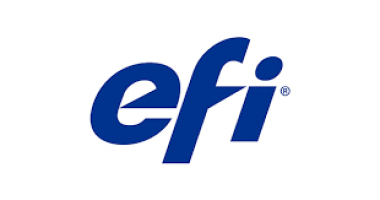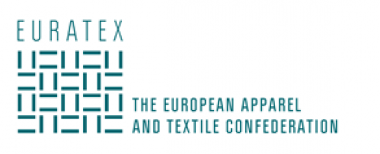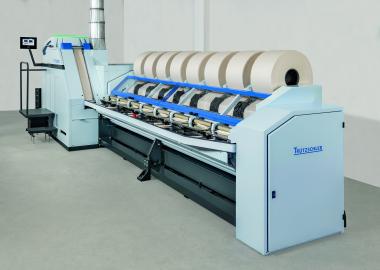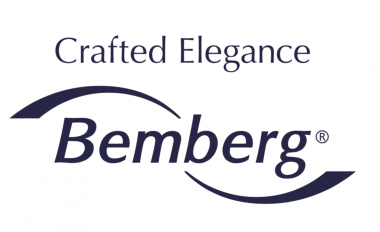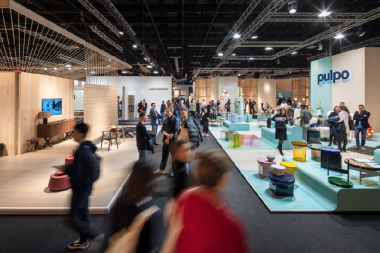EFI announced to accelerate investment into its Inkjet and Fiery business units
Electronics For Imaging, Inc. is announcing that it will be prioritizing technology investments to accelerate growth in its fast-growing industrial EFI™ Inkjet business to continue to be a leader in the industry of analog-to-digital transition, as well as in its market-leading Fiery® business. As part of this focused strategy, EFI has completed a sale of its eProductivity Software (“EPS”) packaging and print productivity software business to an affiliate of Symphony Technology Group (“STG”). EFI and EPS will continue to collaborate with their joint customers and partners to ensure mutual success.
This realignment allows EFI to accelerate investment into its Inkjet and Fiery business units to capitalize on the growth opportunities available in existing segments the company serves, as well as drive expansion into markets that are beginning the transformation toward digital.
Industrial Inkjet: Capturing Unprecedented Opportunity
The industrial inkjet space is ripe with opportunity in existing and adjacent vertical markets. EFI Inkjet will continue to drive in high-volume, shuttle and single-pass inkjet technology, which the company has currently implemented in award-winning, high-performance products for the Packaging & Corrugated, Display Graphics, Textile, and Building Materials/Decor verticals. EFI will also leverage its industry-leading expertise in hardware, mechanical control software, high-speed electronics, services, cloud-connected devices, and ink innovations to deliver the next generation of versatile, high-volume, superior-quality printers and presses.
Following the realignment, EFI is making investments in R&D to strengthen its position in core markets while entering new categories – including the development of technologies to address new applications for the textile space and for packaging.
Fiery: Driving Digital Print Innovation and Growth
The Fiery business unit, under the continued leadership of Fiery Chief Operating Officer and General Manager Toby Weiss, remains as one of the world’s premier DFE providers, enabling the high performance required across many vertical markets including packaging, signage and commercial print with advanced Fiery solutions driving high-end printers and presses from many major equipment manufacturers.
Productivity Software: Investing for Growth under New Ownership
EPS’ new owner, STG, is a private equity firm that focuses on investing in software, data analytics, and software-enabled technology services companies, and will support EPS to deliver enhanced value to its packaging and print customers and accelerate global growth. STG completed this acquisition on December 30, 2021. The price and terms of the deal were not disclosed.
Moelis & Company LLC served as exclusive financial advisor, and Sidley Austin LLP acted as legal counsel, to EFI in the sale of EPS. Paul Hastings LLP acted as legal advisor to STG.
EFI’s upcoming Connect users conference will be a joint event for EFI and EPS customers. Leaders from both companies will highlight their technology enhancements and product roadmap strategies during the January 17-21 Las Vegas gathering.
EFI


